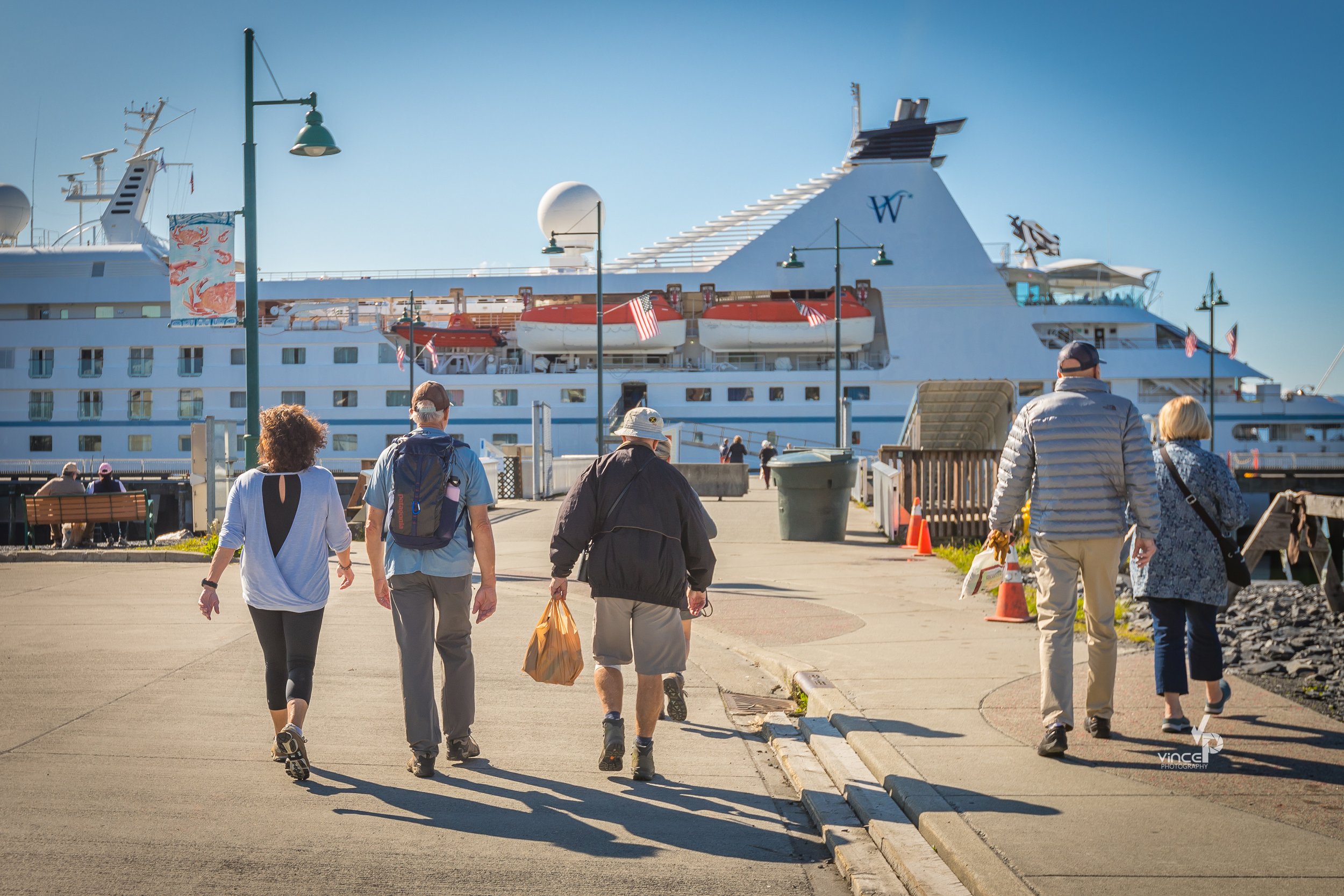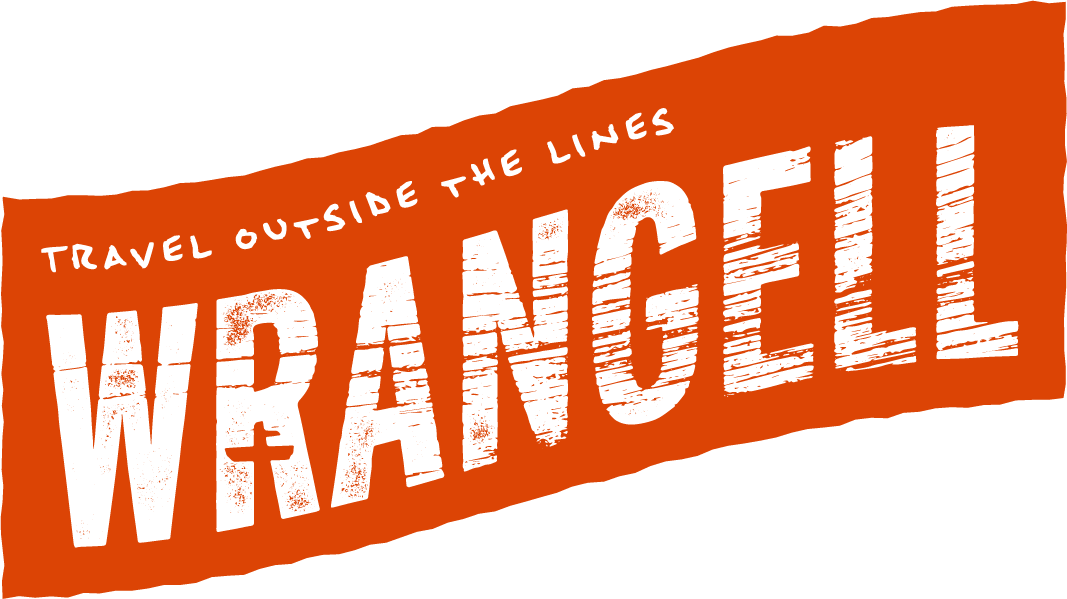
WHAT ARE THE TOURISM BEST MANAGEMENT PRACTICES?
Alaska’s cruise tourism dates back to the late 1800s and has steadily grown into a significant industry. In 1997, the Tourism Best Management Practices (TBMP) program was developed in Juneau to help minimize the impacts of tourism on the local community. This program addresses both resident and industry concerns while maintaining a quality visitor experience. The success of the program relies on the voluntary cooperation of tour operators, cruise lines, transportation providers, merchants, hospitality businesses, tour brokers, the Tongass National Forest, and local government.
Since its inception in Juneau, the TBMP program has expanded significantly and has garnered attention from national and international port cities. Wrangell, along with many other communities, has adopted the program and tailored it to meet its specific needs. By signing on to TBMP, each member expresses support for the program’s goals and demonstrates a commitment to protecting the very qualities that make Wrangell a great place to live.
HOW DOES IT WORK?
The TBMP program in Wrangell is a collaborative effort between three main groups: Wrangell's visitor industry, Wrangell's residents, and the City and Borough of Wrangell (CBW).
To achieve the program’s goals, TBMP utilizes two key avenues of communication: the guidelines and the hotline.
The Guidelines: These are a set of best practices tailored for each segment of Wrangell's visitor industry, including tour operations such as sightseeing and whale watching, cruise lines, and transportation providers. The guidelines are reviewed and updated annually in the spring to ensure they remain effective and relevant.
The Hotline: Residents can use the hotline (via phone, email, or web form) to submit concerns, complaints, or compliments about Wrangell’s tourism activities. These submissions are forwarded directly to the tour operators involved, who then respond to the submitter with any actions taken to address the issue.
Membership in TBMP is voluntary, but member tour operators and their employees agree to abide by the program's guidelines. By following these guidelines, operators help mitigate the local impacts of tourism, ensuring that Wrangell remains a vibrant and livable community.
The City and Borough of Wrangell leadership receives annual reports from the hotline as well as monthly summaries of concerns. These reports are public documents and contribute to the ongoing dialogue between residents and the tourism industry.
